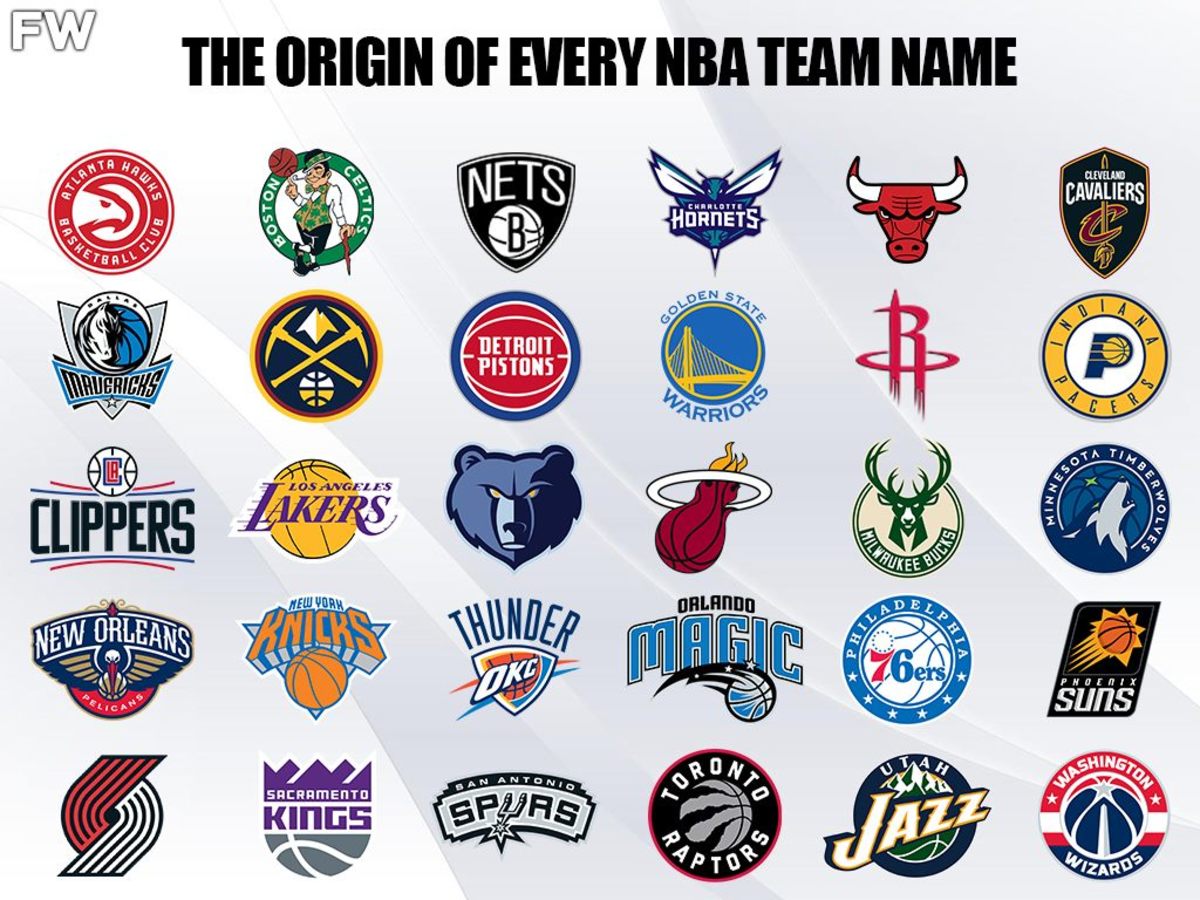
Sad News: Two NBA teams that have been banned from sport

While the idea of NBA teams being banned from the sport is rare, there have been instances throughout history where certain teams, or their players, faced severe consequences that, in some cases, resulted in the team being effectively “banned” from competition, even if temporarily. Below are two noteworthy examples where NBA teams, or individuals within the teams, found themselves at the center of scandals leading to serious consequences for their franchises.
1. The 1960s-1970s: The Seattle SuperSonics and Gambling Scandal
In the 1970s, the Seattle SuperSonics faced a dramatic and unprecedented situation that nearly led to the team’s exclusion from the league. While not an outright ban, the controversy surrounding their involvement in a massive gambling scandal created such public outcry that it shook the very foundation of professional basketball.
The scandal came to light after one of the Sonics’ key players, Fred Brown, was allegedly involved in a point-shaving scheme — a form of match-fixing where a player deliberately manipulates the outcome of a game to benefit gamblers. The situation gained national attention, and as investigations progressed, it was revealed that some members of the Sonics had been linked to a group of individuals attempting to manipulate the outcomes of several NBA games for gambling purposes.
While the allegations were damning, the league took swift action. The NBA imposed heavy sanctions on the individuals involved, which included suspensions, fines, and permanent bans from playing. However, the team itself, despite the scandal, was allowed to continue operating in the league. Although the Sonics were not officially banned from sport, the stigma surrounding the incident remained, and the team’s reputation was severely tarnished. The fallout from this scandal helped lead to a tightening of league policies regarding gambling and a stronger commitment to ensuring the integrity of the game.
Though the Sonics were not banned outright, the incident serves as a reminder of the powerful role that off-the-court issues—especially gambling—can have in shaping the fate of NBA teams. It also highlighted the NBA’s commitment to protecting its brand and ensuring that integrity was maintained at all levels of the sport.
2. The 2000s: The Los Angeles Clippers and Ownership Scandal
The Los Angeles Clippers’ involvement in a scandal that nearly resulted in a banishment from the sport involved Donald Sterling, the team’s owner from 1981 to 2014. Sterling, who had been at the helm of the Clippers for more than three decades, became the center of one of the NBA’s most controversial moments in history.
In 2014, a recording surfaced in which Sterling made racially insensitive and bigoted remarks during a private conversation with his girlfriend. The comments, which were disparaging toward African Americans and included offensive remarks about Magic Johnson and other prominent Black figures, sparked outrage across the sports world and beyond. The NBA, led by commissioner Adam Silver, acted quickly to address the issue.
Although Sterling initially resisted any attempts to remove him from ownership, the NBA’s Board of Governors voted to ban him from all NBA-related activities for life. In addition, Sterling was fined $2.5 million, and the league moved to force him to sell the Clippers. The ban was unprecedented and marked a significant moment in the history of sports, as it was one of the few times an NBA team owner had been removed from the league for personal conduct.
The fallout from Sterling’s comments led to broader conversations about race, inclusion, and accountability in professional sports. It also led to a re-evaluation of the role of ownership in the NBA, with the league taking stronger steps to ensure that all team owners adhere to the league’s values of respect, inclusion, and diversity. Sterling’s banishment from the NBA was seen as a firm message that discriminatory behavior and hate speech would not be tolerated in the league.
In conclusion, while outright bans of NBA teams are rare, both the Seattle SuperSonics gambling scandal in the 1970s and Donald Sterling’s racist comments in the 2010s show how serious misconduct—whether by players or owners—can result in severe penalties that severely damage or alter the trajectory of a franchise. In these cases, while the teams themselves weren’t entirely banned from sport, they faced severe consequences that temporarily or permanently altered the landscape of their operations, with lasting effects on the league’s policies and the public’s perception of the teams involved.

Leave a Reply